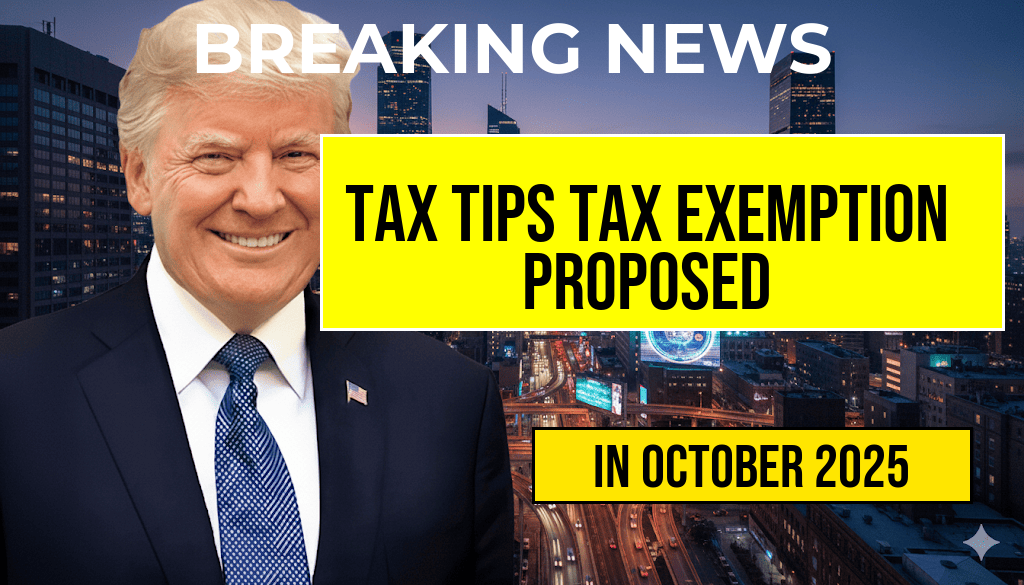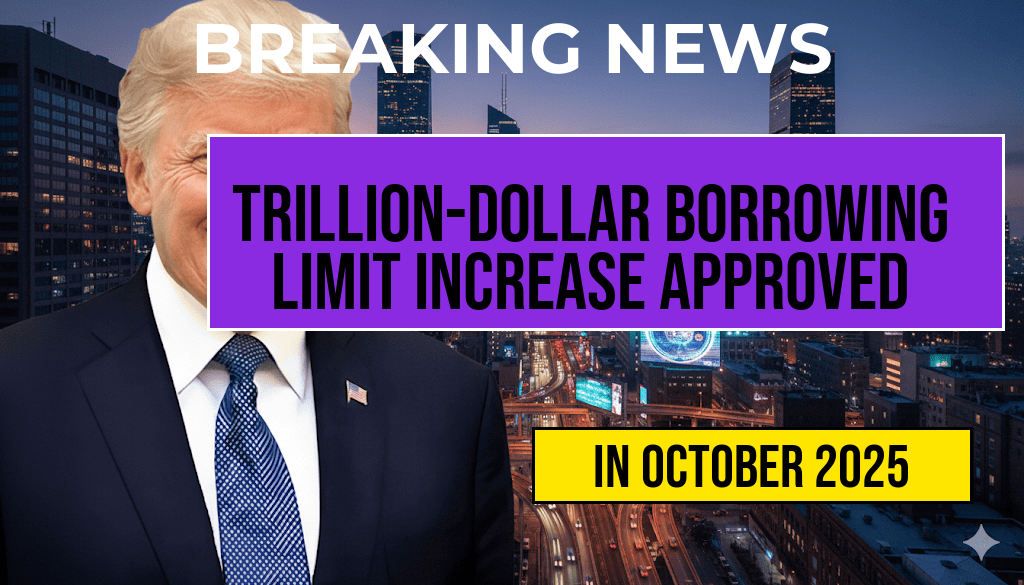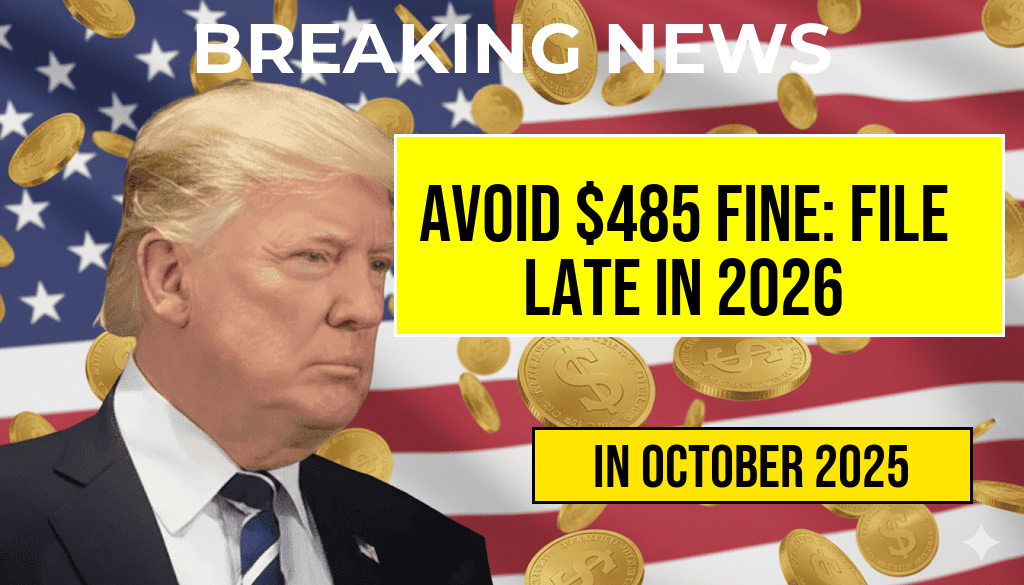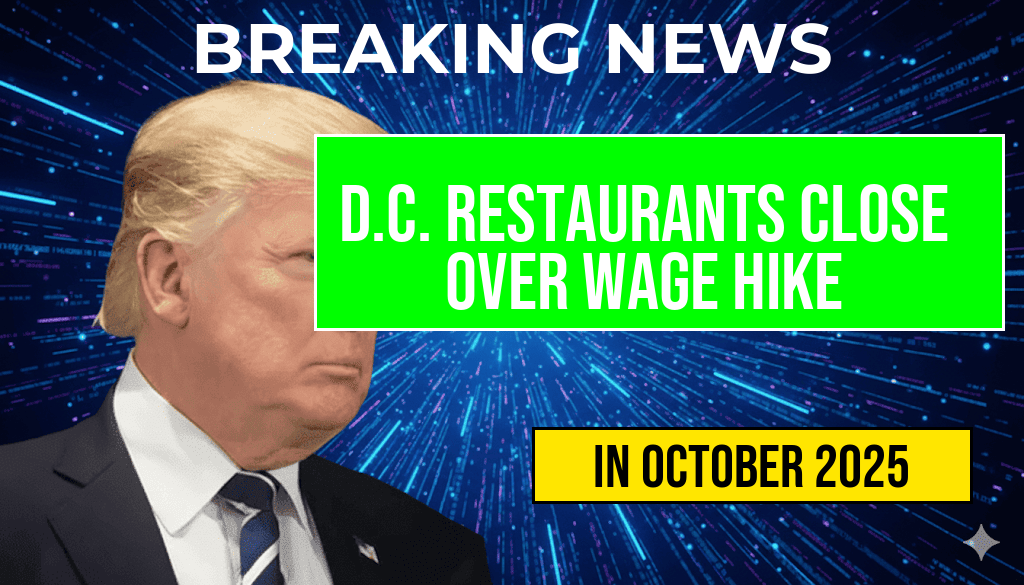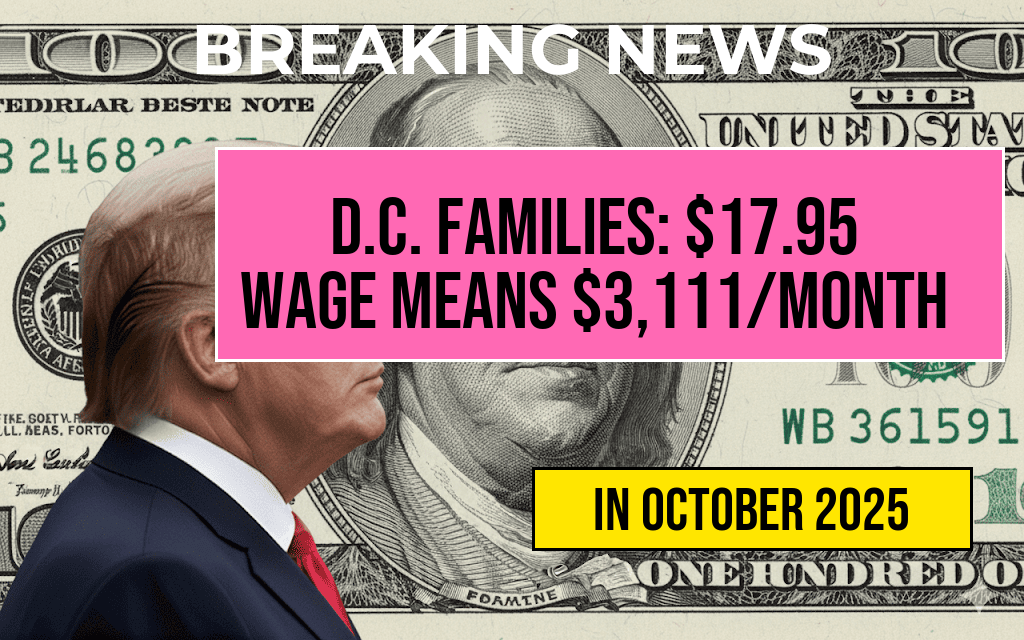Understanding the $0 Difference Between Tip Credit and $17.95: What Employers in D.C. Must Cover
As Washington D.C. continues to refine its minimum wage and tip credit policies, local restaurant owners and service industry employers face new obligations regarding employee compensation. Recent discussions highlight a critical point: a $0 difference between the tip credit and the standard wage, exemplified by a figure like $17.95. This means that employers cannot rely on tip credits to offset wages below this threshold, effectively requiring them to pay full wages regardless of tips received. For D.C. businesses, grasping the nuances of these wage calculations is vital to ensure compliance and avoid penalties. This article explores what the tip credit entails, how it interacts with the $17.95 figure, and what employers in D.C. need to do to meet legal standards.
What Is a Tip Credit?
The concept of a tip credit originated as a way for employers to count tips toward meeting minimum wage requirements. Under federal law and many state regulations, employers are allowed to pay a lower base wage — often called a subminimum wage — provided that tips supplement it to reach the standard minimum wage. For example, if the federal minimum wage is $7.25 per hour, and tips average $3 per hour, the employer can pay a lower wage, with the tip credit covering the difference.
However, the rules vary by jurisdiction. D.C., for instance, has specific minimum wage laws aligned with its living standards, and recent amendments have clarified how tip credits are calculated and applied. Importantly, when the tip credit is used, employers must ensure that combined wages and tips meet or exceed the mandated minimum, which is currently $17.95 in D.C. (as of 2023).
The Significance of the $17.95 Wage Threshold
The figure $17.95 represents the minimum total compensation that employers in D.C. are expected to provide for tipped employees, combining wages and tips. When the tip credit equals the difference needed to reach this amount, the employer’s contribution is effectively zero, meaning they are paying the full wage themselves. This is where the phrase $0 difference comes into play—indicating that tips no longer offset wages, and the employer’s obligation is to pay the full hourly wage directly.
| Scenario | Base Wage Paid by Employer | Average Tips per Hour | Total Compensation | Tip Credit Applied |
|---|---|---|---|---|
| Standard Tip Credit Use | $10.00 | $7.95 | $17.95 | $7.95 |
| $0 Difference Scenario | $17.95 | $0.00 | $17.95 | $0.00 |
Implications for Employers in D.C.
Employers must be aware that if the combined wages and tips are below the $17.95 threshold, they are legally obligated to compensate employees the difference directly. This means that relying on tips alone to meet minimum wage requirements is no longer sufficient once the $0 difference threshold is reached. Failure to comply can result in penalties, back wages, and reputational damage.
Key Compliance Points for D.C. Employers
- Ensure wages meet or exceed $17.95 per hour for tipped employees when tips are insufficient to reach this amount.
- Maintain accurate records of hours worked, wages paid, and tips received to demonstrate compliance with wage laws.
- Adjust payroll practices to reflect changes in tip income and ensure wages are topped up to the required minimum when necessary.
- Stay informed about legislative updates from the D.C. Department of Employment Services and other authorities regarding wage laws and tip credit regulations.
Legal and Practical Considerations
The distinction between tip credits and direct wages influences how businesses handle employee compensation. When the tip credit is maximized, employees’ tips effectively offset a lower base wage. But once the $17.95 mark is hit—meaning tips are no longer covering the shortfall—employers must pay the full wage directly. This shift can impact payroll budgets and staffing strategies, especially in high-volume or tourist-heavy venues where tip income can vary widely.
Additionally, D.C. enforces strict rules about tip pooling and tip sharing, which employers must follow to avoid violations. For more details on wage laws and employee rights, the D.C. Department of Employment Services provides comprehensive guidance (see does.dc.gov).
References and Further Reading
- Wage law in the United States – Wikipedia
- How Minimum Wage Increases Affect the Restaurant Industry – Forbes
Frequently Asked Questions
What is the tip credit in D.C. employment law?
The tip credit allows employers in D.C. to count a portion of employee tips towards satisfying the minimum wage requirements, effectively reducing the amount the employer must pay directly.
How does the $0 difference relate to employer obligations in D.C.?
The $0 difference indicates that employers are required to pay the full minimum wage of $17.95 per hour, with no deduction for tips, ensuring employees receive the full amount regardless of tip credit considerations.
Who must cover the $17.95 wage in D.C.?
Employers in D.C. must cover the full $17.95 hourly wage for their employees, regardless of the tip credit amount, to comply with local wage laws.
Are there any exceptions to covering the $17.95 minimum wage?
Yes, certain employees such as tipped workers or those in specific industries may have different wage requirements, but generally, employers must ensure employees receive at least the $17.95 hourly wage.
What are the implications for employers if they do not cover the $17.95 wage?
If employers fail to pay the mandated minimum wage of $17.95 per hour, they risk legal penalties, including fines and potential lawsuits for wage violations.

